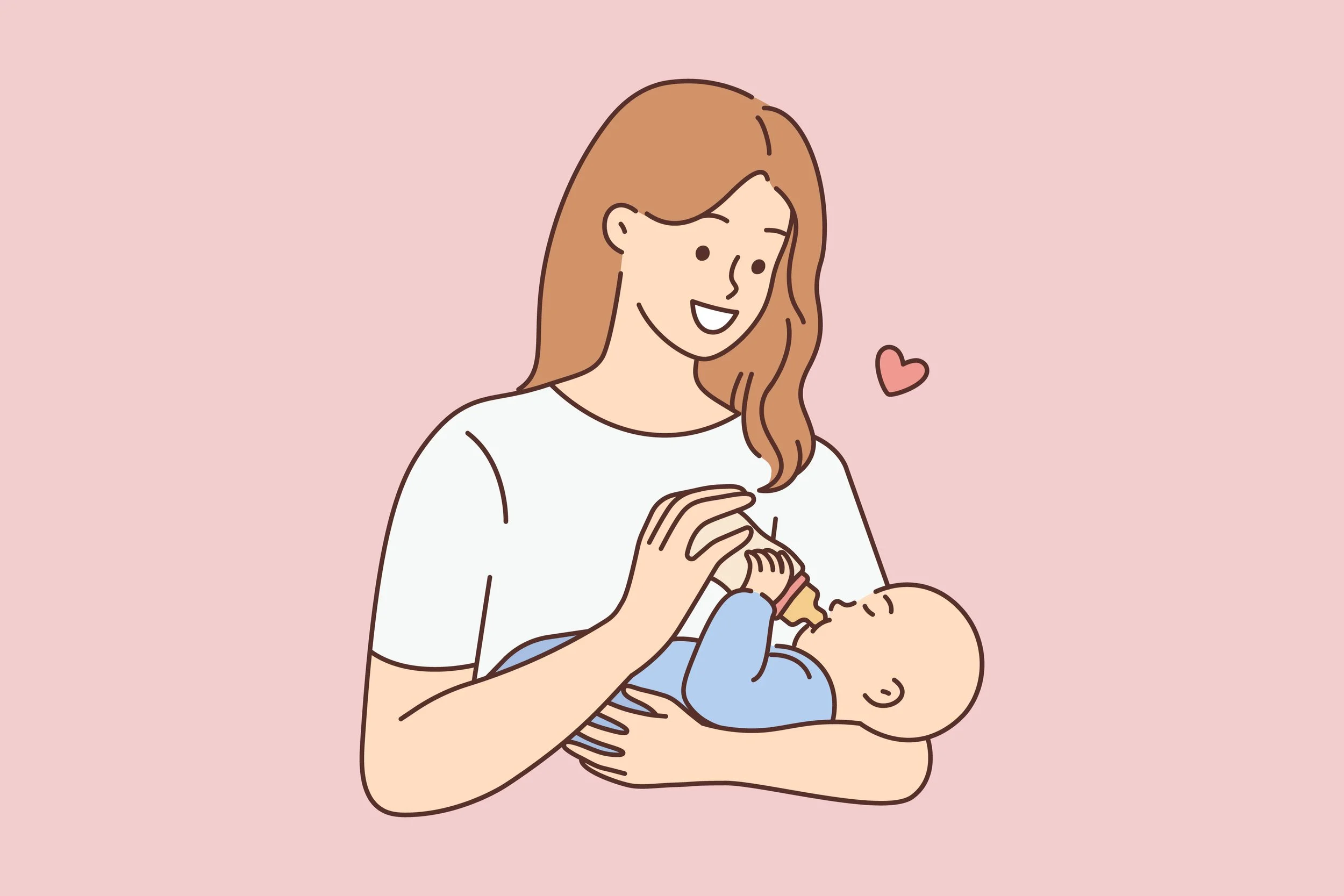Helping Kids Adjust to a New Sibling
Helping Kids Adjust to a New Sibling
Bringing home a new baby is one of the biggest transitions a young child will ever face. While parents are busy juggling feedings, naps, and diapers, older siblings are experiencing a mix of excitement, confusion, and sometimes jealousy.
For children, learning to welcome a new sibling is about feeling secure in their place in the family — and discovering that love expands, it doesn’t shrink.
With the right preparation and empathy, you can help your child adjust smoothly and build a loving bond that lasts a lifetime.
Why the Transition Feels So Big
To a young child, a new sibling can feel like a complete shift in the world they know.
Common reactions include:
Clinginess or regression (wanting bottles or baby talk again)
Sudden tantrums or defiance
Needing extra attention
Curiosity mixed with jealousy
✨ These behaviors aren’t “bad” — they’re your child’s way of asking for reassurance that they’re still loved and important.
👉 See also: Handling Sibling Rivalry Without Constant Fights
1. Start Preparing Before the Baby Arrives
Involve your older child early so they feel part of the journey — not surprised by it.
Try:
Reading books about becoming a big sibling.
Showing baby pictures of them and talking about how you cared for them, too.
Letting them help set up the nursery or pick a small toy for the baby.
Talking honestly: “Babies cry a lot, but that’s how they tell us what they need.”
✨ Preparation turns anticipation into empowerment.
Skill focus: emotional readiness, responsibility, understanding change
2. Keep Predictable Routines
When everything else feels new, routines are a child’s emotional anchor. Keep meals, bedtime, and playtime as consistent as possible.
Even small rituals — a bedtime song, a snack together, a morning hug — help children feel grounded and safe amid change.
✨ Predictability tells your child, “Some things stay the same — and so does my love for you.”
Skill focus: security, regulation, stability
👉 See also: How to Build Emotional Regulation Through Daily Routines
3. Acknowledge Every Feeling — Not Just the Happy Ones
Kids often feel guilty for feeling jealous or left out. Normalize those emotions so they don’t turn into acting out.
Say:
“It’s okay to feel mad when I’m holding the baby.”
“You miss having my lap all to yourself.”
“You can love your brother and still feel annoyed sometimes.”
✨ Validation helps children process emotions safely and prevents resentment from growing.
Skill focus: emotional awareness, empathy, communication
4. Create “Big Kid” Moments Every Day
Your older child needs reminders that they still matter — not just as a helper, but as themselves.
Try:
A short one-on-one “special time” each day.
Letting them make small choices (“Do you want to read or play blocks?”).
Giving age-appropriate responsibilities that make them feel capable (“Can you sing to the baby while I change him?”).
✨ These moments rebuild confidence and belonging.
Skill focus: self-esteem, inclusion, independence
5. Encourage Gentle Involvement — Without Pressure
Let your child decide how much they want to interact with the new sibling. Some will want to “help” constantly; others need distance at first.
Offer small, positive roles:
Fetching diapers or burp cloths
Singing lullabies
Helping choose baby clothes
Showing the baby toys or books
✨ Avoid forcing affection. Let relationships develop naturally at your child’s pace.
Skill focus: autonomy, empathy, comfort with change
6. Use Positive Language About Siblings
How you talk about family sets the emotional tone.
Instead of:
“You’re the big one now — you have to be good.”
Try:
“You’re still my baby too — now we just have another one to love.”
“You’re the big brother/sister, and that means you get to teach and play.”
✨ Words shape identity. Choose ones that build pride and connection, not pressure.
Skill focus: self-concept, belonging, language modeling
7. Handle Jealous Moments Calmly
Jealousy is normal — what matters is how you respond to it. Avoid shaming or dismissing your child’s feelings.
Try:
“You wish I could hold you right now — I’ll be ready in a minute.”
“It’s hard when the baby gets attention. Let’s snuggle when I’m done feeding.”
✨ Calm responses show that all emotions — even envy — can be handled with love.
Skill focus: empathy, emotional regulation, patience
👉 See also: Helping Kids Cope With Big Feelings Without Meltdowns
8. Highlight Connection Moments Between Siblings
Point out positive interactions so your older child sees their role as valuable.
Say:
“He smiled when you talked — he loves your voice!”
“You helped her stop crying — you really know what she likes.”
“You’re teaching your brother how to share — he’s learning from you!”
✨ Recognition reinforces that love multiplies, not divides.
Skill focus: empathy, relationship-building, family bonding
A new sibling brings big feelings for everyone — joy, stress, pride, and adjustment all at once. By preparing early, maintaining routines, and responding with empathy, you teach your older child that love isn’t divided — it’s shared.
Over time, those first uncertain days become the roots of a strong sibling bond — one built on patience, belonging, and trust.
This content is for educational purposes and is not a substitute for professional medical or psychological advice.
Popular Parenting Articles




